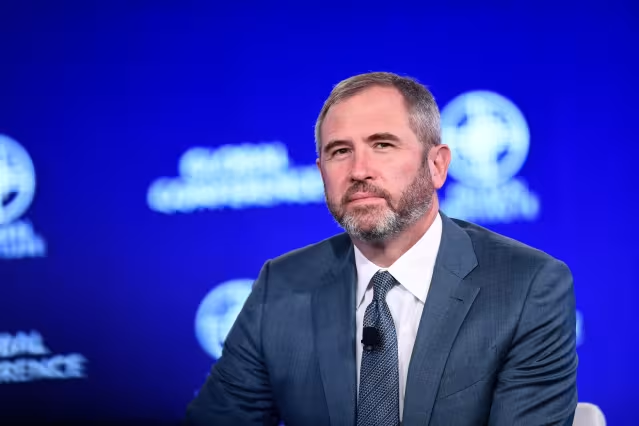The four-year legal battle between Ripple and the US Securities and Exchange Commission (SEC) has officially ended, as announced by Ripple CEO Brad Garlinghouse on March 19. In a four-minute video on X, Garlinghouse reaffirmed that XRP is a digital asset, not a security. The crypto market reacted positively, with XRP surging over 10 percent on international exchanges on Thursday, March 20.
“With today’s news, the war on crypto has ended in defeat for those who turned our own government against a technology and entire industry,” Garlinghouse said, just days after attending Donald Trump’s crypto summit at the White House. “Thankfully, we have a new leadership that is actively seeking a rational and constructive way forward on crypto. There’s immense opportunity with the largest economy in the world finally taking a pro crypto and pro innovation approach to build this technology.”
Key Details on the SEC vs Ripple Case
The SEC filed a case against Ripple in 2020, alleging that it sold its XRP token as an “unregistered security”. At the time, the SEC was chaired by Gary Gensler, who initiated cases against several crypto firms and was criticised for curbing industry growth. SEC’s statement on the case in 2020 had said that Ripple Labs Inc. raised over $1.3 billion (roughly Rs. 11,213 crore) through an unregistered digital asset securities offering between 2013 and 2020. SEC’s lawsuit had accused Ripple co-founder Christian Larsen alongside Garlinghouse for raising the funds to finance Ripple’s business.
The SEC, at the time had said that Ripple should have registered its offering under the federal securities laws before extending the XRP token for sale to retail investors, broad distribution, and a secondary trading market. The SEC had blamed Ripple for not providing adequate disclosure about its business and other long-standing protections that are part of US’ public market system.
Ripple and its co-founders have consistently denied that XRP was ever a security, distinguishing it from stocks, bonds, mutual funds, and ETFs. In his video message, Garlinghouse called the case “the first major shot fired in the war on crypto.”
In July 2023, US District Judge Analisa Torres granted Ripple a partial victory, ruling that XRP’s “programmatic sales” to retail investors did not qualify as securities transactions. Programmatic selling refers to the automated sale of assets using software and algorithms, without direct communication with buyers.












